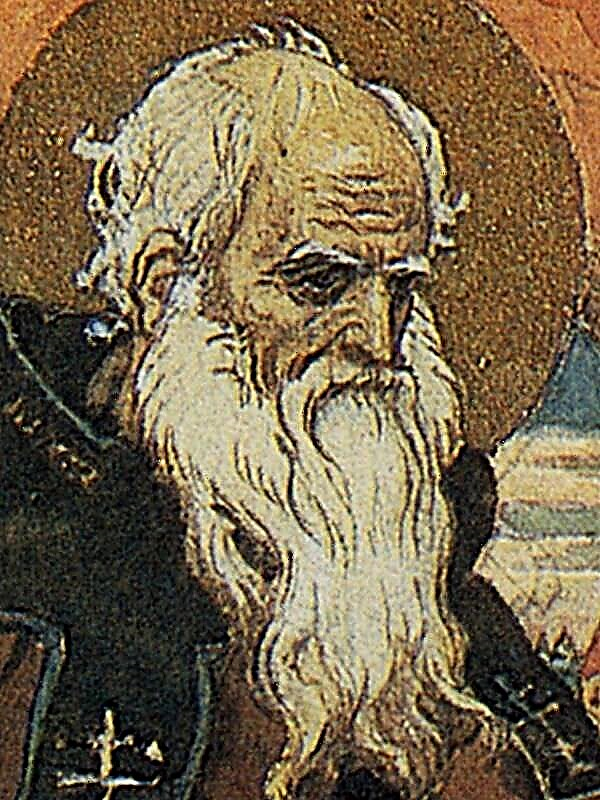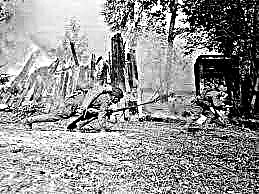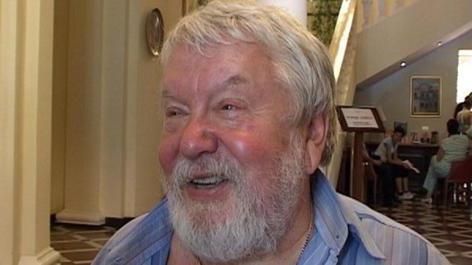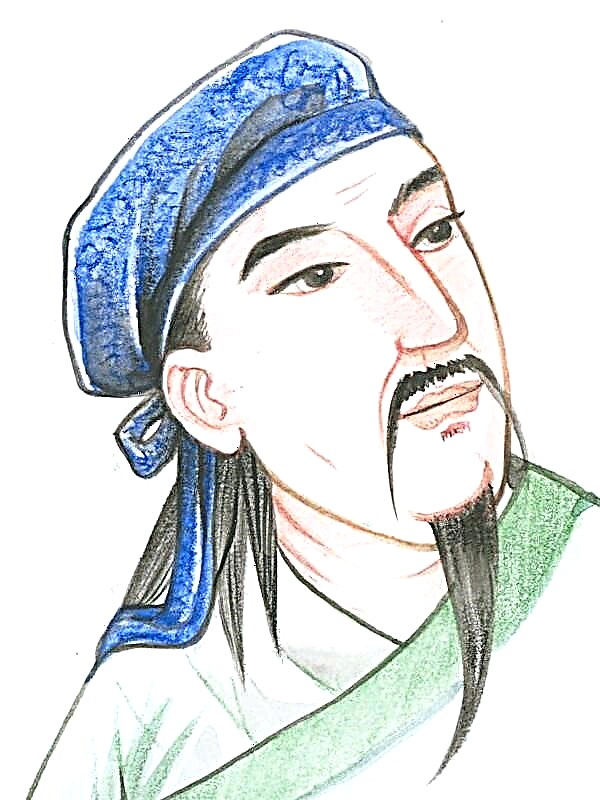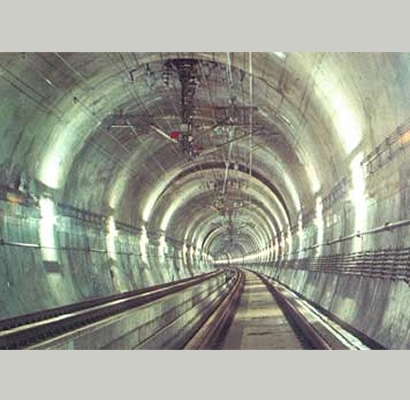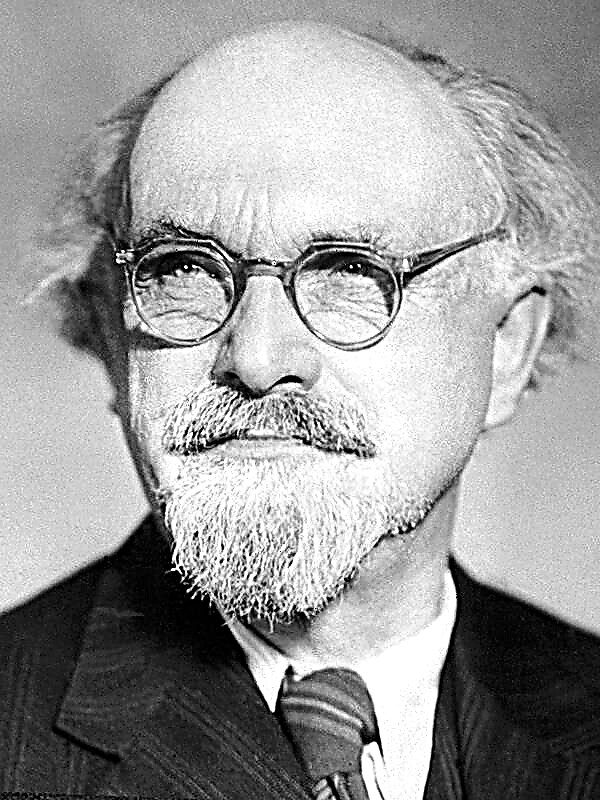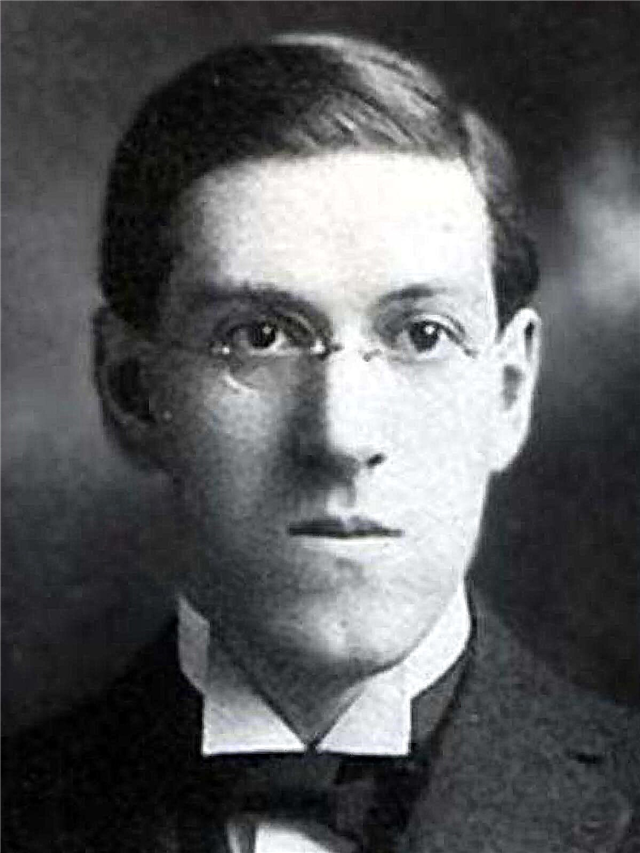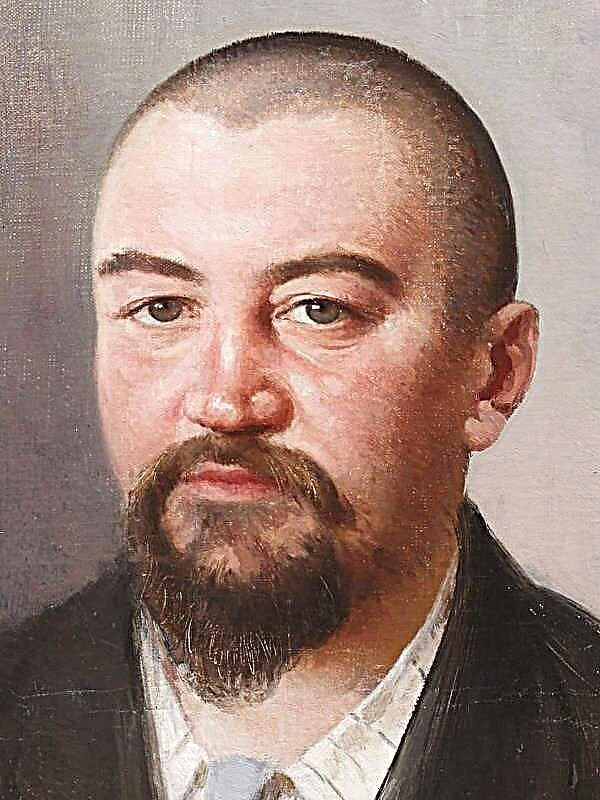Lieutenant Sergey Kostrov was taken prisoner in the fall of 1941. After holding prisoners for several days in the cellars of the destroyed Klinsky glass factory, they were built, five people in a row, escorted along the Volokolamsk highway. From time to time, shots are heard - it is the Germans who shoot the wounded backward. Sergei goes next to a bearded elderly prisoner - Nikiforitch, whom he met last night. Nikiforich has a cracker in his bag and one of which he offers to Sergei, and an ointment that helps with beatings - he smeared with it the broken temple of Sergei. When the column passes through the village, the old woman throws prisoner cabbage leaves, which hungry prisoners eagerly grab. Suddenly an automatic burst is heard, an old woman falls, prisoners fall, and Nikiforych, mortally wounded, tells Sergey: “Take a bag ... my son looks like you ... run ...”
Sergei with a column of prisoners reaches the Rzhev camp and only on the seventh day receives a tiny slice of bread: for twelve people a day a loaf of bread weighing eight hundred grams is issued. Sometimes prisoners get a balance made up of slightly warmed water, whitened with oatmeal waste. Every morning, the dead are taken out of the hut overnight.
Typhus begins in typhus, and the sick man, with a temperature of over forty, the inhabitants of the hut drop from the upper bunk to take a good place: "he will die anyway." However, after two days, Sergei crawls out from under the lower bunks, dragging his right leg off, and in a powerless whisper, asks to free his place. At this moment, a man in a white coat enters the hut - this is Dr. Vladimir Ivanovich Lukin. He transfers Sergey to another hut, where about twenty commanders with typhoid fever lie behind the fence; brings him a bottle of alcohol and tells him to rub his insensitive leg. In a few weeks, Sergei can already step on his foot. The doctor, working in a camp outpatient facility, carefully looks for his people among the prisoners in the board in order to arrange an escape by the summer with a large armed group. But it turns out differently: captured commanders, including Sergei, are transferred to another camp - in Smolensk.
Sergei, with his new friend Nikolayev, is constantly looking for an opportunity to escape, but the case still does not seem to be. The prisoners are again being taken somewhere, and this time, apparently, far away: each is given a whole loaf of bread from sawdust, which is a four-day norm. They are loaded into hermetically sealed, windowless wagons, and by the evening of the fourth day the train arrives in Kaunas. A column of prisoners at the entrance to the camp is met by SS men armed with iron blades, who, with a hiccup, pounce on emaciated prisoners and begin to chop them with shovels. In front of Sergei, Nikolaev is dying.
A few days later, the guards take one hundred prisoners to work outside the camp; Sergei and another prisoner, still a boy named Vanya, are trying to escape, but they are overtaken by convoys and brutally beaten. After fourteen days of the punishment cell, Sergey and Vanyushka are sent to a penal camp located near Riga - Salaspils death valley camp. Sergei and Vanyushka here do not give up hope of escape. But a few days later they are sent to Germany. And here, having knocked down the grates from the car window, Sergey and Vanyushka jump out of the car at full speed. Both miraculously survive, and their wanderings through the forests of Lithuania begin. They walk at night, heading east. From time to time, fugitives come to their homes to ask for food. In case it suddenly turns out that the police live in the house, in their pockets there are always round large stones-naked. In one house, a female worker gives them homemade cheese, in another - bread, lard, matches.
Once, on the day when Vanyushka turned seventeen, they decide to arrange a “holiday”: ask for potatoes in a house on the edge of the forest, cook it with mushrooms and rest for three hours, as usual, and three. Vanya goes for potatoes, and Sergei picks mushrooms. After some time, Sergey, worried about the absence of Vanya, crawls in a plastubian way to the house, looks out the window, sees that Vanya is not there, and realizes that he is bound in the house! Sergei decides to set the house on fire in order to save Vanya from the inevitable torture in the Gestapo.
Two weeks Sergey goes alone. While collecting food, he uses a trick that has saved his life more than once: when he enters the house, he asks for bread for eight: "Seven of my comrades are standing behind the house." But then autumn comes, the leg hurts more and more, it is less and less possible to go through the night. And once Sergey does not have time to hide for a day, he is detained by police and taken to Subachai prison, and then transferred to Panevezys prison. Here, Russians are sitting in the same cell as Sergei, who, judging by his appearance, suggest that he is forty years old, while he is not yet twenty-three. Several times Sergei is taken to the Gestapo for interrogation, he is beaten, he loses consciousness, he is again questioned and beaten again; they want to know from him where he came from, with whom, which of the peasants gave him food. Sergei comes up with a new name - Pyotr Russinovsky - and replies that he was not in any camp, but ran away as soon as he was captured.
Sergei and his new friends Motyakin and Ustinov, who had partisans in the Lithuanian forests before prison, are planning an escape. The prisoners work in the sugar factory to unload the wagons; Sergey throws beets at Motyakin and Ustinov hiding in the bead, and he hides under the car, sitting there on brake cables. Having discovered the disappearance of three prisoners at the end of the working day, the convoys, rushing to look for them, find Sergei: he is given out by an inadvertently unwound and hanging from under the carriage footcloth. To the question of the guards about the unidentified comrades, Sergei replied that they had left under the wagons. In fact, in accordance with the developed plan, they should try to climb over the fence at night and go into the forest.
After the failed escape, Sergey is transferred to the Šiauliai prison, and then to the Šiauliai prisoner of war camp. It is already spring of 1943. Sergei begins to consider a plan for a new escape.

